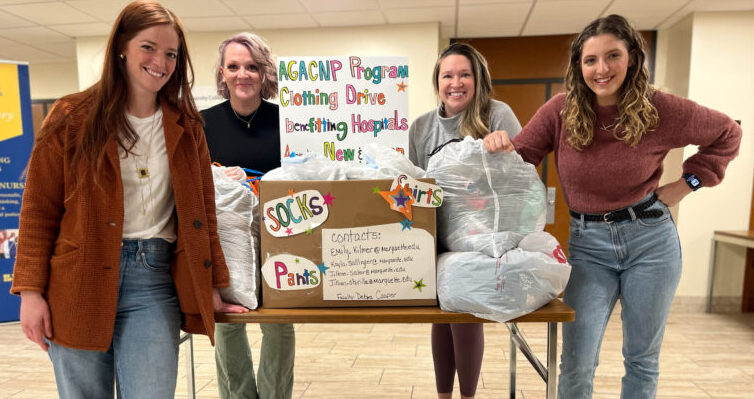Lisa Buchanan has seen more than her fair share of patients go through cancer treatment. While working as an oncology nurse at the Seattle Cancer Care Alliance, she treated lung, head, and neck cancers, but the job eventually led to an unexpected career change. She started talking to some of her patients about the potential medicinal benefits of cannabis.
“Those are pretty rough cancers, and some of my patients were using cannabis to help their symptoms. But there wasn’t a lot of information available,” she said. “Some of them were really interested in trying it but didn’t want to go into a dispensary alone.”
After 25 years in the nursing industry, Buchanan recently left her role at the bedside to become a “budtender.” She now works at a local marijuana dispensary where she regularly consults with patients looking for something to relieve their pain and nausea. She is no longer a nurse, but medical marijuana patients still get referred to her because of her medical expertise.
Buchanan said she would like to see cannabis nursing become a legitimate nursing specialty. Stigma around the role remains, but nurses like Buchanan said the industry is starting to take this kind of work seriously. The upcoming American Association of Nurse Practitioners annual conference includes three workshops on medical cannabis.
“People want to use cannabis and they go into a dispensary but have no idea what they’re doing or how the different products work, and could really use that support,” said Buchanan. “Nurses can help fill these gaps.”
But nurses looking to specialize in cannabis treatment do not have a traditional career path to follow. Information and training on cannabis nursing leaves something to be desired. There is also no national certification exam for cannabis nursing and most nursing bodies have no plans to create one. The American Cannabis Nurses Association (ACNA) has tried to get the American Nurses Association (ANA) and its American Nurses Credentialing Center (ANCC) to create a credentialing system for cannabis nurses, but the ANCC said there are no national certification guidelines for the role.
So, what is cannabis nursing?
Unlike traditional nursing roles, these professionals do not take vital signs or dispense medication. They also don’t dispense marijuana to patients. Cannabis is still illegal on the federal level, so it cannot be prescribed to patients.
“We can counsel patients and provide them with information, and advocating for cannabis patients is a big part of our work,” said Heather Manus, RN, founder of the Cannabis Nurses Network (CNN).
Cannabis nurses will typically write a recommendation letter on behalf of the patient that they can then use to obtain the right kind of marijuana from a dispensary.
Advocates for the profession say the path to becoming a licensed cannabis nurse would be similar to other nursing career tracks. There is currently no educational requirement. A cannabis nurse could be a licensed practical nurse (LPN), registered nurse (RN), nurse practitioner (NP), or Doctor of Nursing practice (DNP).
But all cannabis nurses would have to have a comprehensive knowledge of medical cannabis, including the endocannabinoid system and how the drug affects the body, regardless of their educational background.
The National Council of State Boards of Nursing (NCSBN) has created the National Nursing Guidelines for Medical Marijuana but it doesn’t count as continuing education.
Nursing students say they aren’t getting much training on the subject even though the NCLEX has included questions about controlled substances for years.
According to a recent survey of 1,350 nursing students, 90% said they believe cannabis has therapeutic benefits, but around 75% said that medical cannabis was not part of their curriculum.
“Students are not receiving the content for a number of reasons, including that faculty have not been educated about the endocannabinoid system,” said Carey Clark, co-author of the study and a professor of nursing and medical cannabis at the Pacific College of Health and Science in Chicago, Illinois. “There remains a stigma around cannabis as a prohibited recreational drug, and curricula are already so full.”
Clark believes nursing schools need to start providing this kind of curriculum as more providers incorporate medical marijuana into their practice.
“Faculty also tend to present the information from a biased point of view of cannabis as a recreational drug with the potential for abuse versus medical cannabis having the potential for supporting healing and homeostasis,” said Clark, who is also past president of ACNA.



